Jennifer Xicara (she, her/s), is a community builder and equity driven leader serving youth and community through grassroots advocacy efforts in Southern California’s Inland Empire. She co-founded Akoma Unity Center, an afterschool enrichment program serving at-risk youth and their families in the City of San Bernardino. The mission of Akoma Unity Center is to educate, heal, and transform communities of color by cultivating healthy families, organizing communities, and creating economic empowerment. Jennifer is currently the Operations Manager, in which her main role is strategic planning, program management/development, community outreach, and marketing. You can read Jennifer’s full bio here.
Below are highlights from an interview with Jennifer this summer exploring her experience responding to COVID-19, police violence, and more.
How has your organization adapted to COVID-19?
Right before the COVID-19 Pandemic we were actually preparing for one of our most anticipated Spring Break programs, where we planned to serve 125 youth. After days of awaiting direction from the State, Governor Newsom confirmed immediate closure and we had to unfortunately close our doors. In my community, Akoma has always been a beacon of hope, so that meant working long days, including weekends, to figure out how we needed to adjust to these tumultuous times and continue to assist our youth and families. We immediately transitioned into a virtual afterschool program for the youth. Akoma's mentors also made efforts to make parent check-in calls weekly to ensure families had essential resources and information needed so their children could be successful with online distance learning and overall well being. We also partnered with Community Action Partnership of San Bernardino to host a food distribution program bi-monthly, so we could help address the nutrition gap in response to schools and other community programs shutting down.
How did you and your program react in the aftermath of the deaths of Breonna Taylor and George Floyd?
With the rise of the Black Lives Matter movement, I definitely had to take some time off for my own self-care. I was very intentional with how I spoke to my staff and how I coached them. I let them know that it’s okay if you feel upset or angry, and it’s okay if you’re unable to commit to this project right now. I shared this with my staff because OUR wellness and mental health matters also. We were also involved with some of the peaceful protests in San Bernardino. We brought some youth to our center, created art, and went to participate in the protests.
How has LDI helped you navigate the challenges you’ve faced this year?
As someone who has to wear many hats, I don’t really get to take too much time off and so I had to have an intentional conversation with my director and let her know that I was at this breaking point - worrying about catching COVID, dealing with the traumatic experience of losing these black folks to police brutality, and all the while wanting to show up for the youth we serve. That was actually one of our most breakthrough conversations, where we were completely transparent and vulnerable with each other. This conversation was the result of having been coached through the LDI program. We talked about what coaching should look like and what were some of the issues we were facing in real life. So it created that space where I could be vulnerable with my fellow LDI cohort members and have them coaching me and guiding me on how to have this conversation. That was really impactful for me and gave me real results - I was able to take two weeks off. It was a long time coming and it came out of that conversation.
Another moment where LDI has helped me is when we participated in the “Who Are You?” activity at the opening retreat. It made me dig deeper and get to the core of who I am so I can outline my goals and objectives in my professional life. How can I really move forward if I don’t know what’s going on with myself? I try to keep this at the forefront of my mind in each of our meetings because it helps me show up fully present and authentic.
Who Are You?
I am a 29-year-old Black woman who's constantly evolving. Growing up, I've experienced many struggles, but also many rewards, and those lived experiences have definitely helped shape my perceptions of the world and how to articulate racial and sexist oppression, which I’ve experienced first hand. As a first-generation college graduate and black woman who also identifies as bi-racial, I had to face many obstacles. But I've learned how to be an over comer. With that said, I have to ask myself, what am I leaving behind for future generations? Am I making their path easier? I have to question, how my legacy will help young black/bi-racial lives a little easier.
Final thoughts?
I feel like everyone working in afterschool programming should go through the LDI program. I wish all my staff members could have participated with me. It has definitely changed my perspective on so many things, including how systems of power operate at many levels. I had to unlearn my own oppressive practices to create a more equitable organization. In addition, I learned real life tools on how to organize and mobilize parents and scholars to make change at local levels. Because of this program, I was also provided with tools and knowledge on how to coach staff from an equity lens. If it was not for this program; I would have continued to struggle in those areas without even recognizing my own areas to improve. Through this professional and personal growth, I have become essentially a more impactful leader and I am excited for what's to come!




